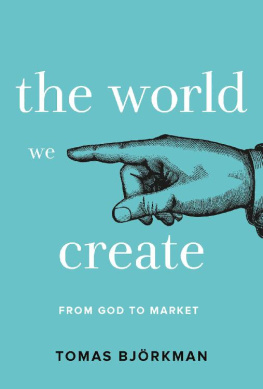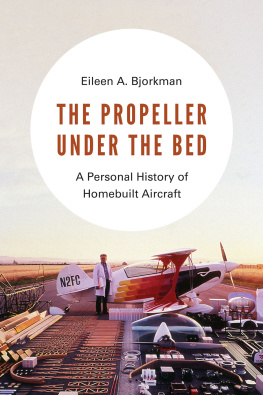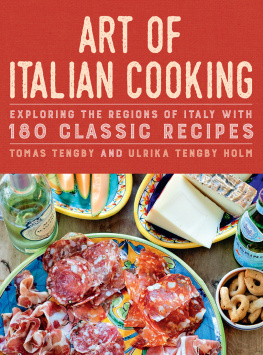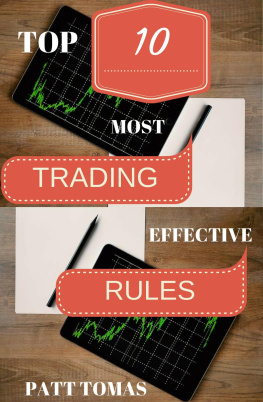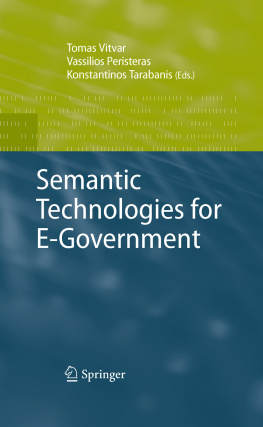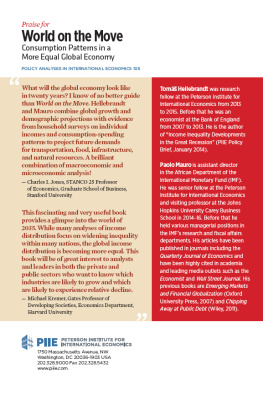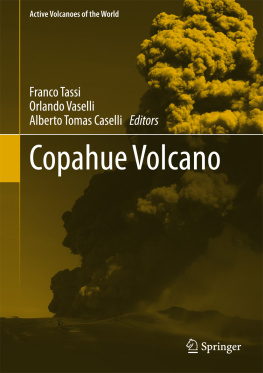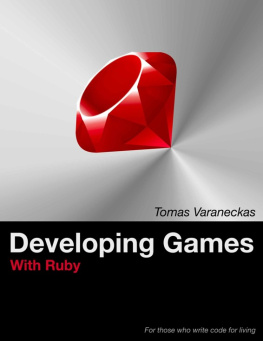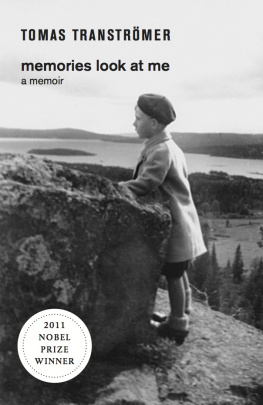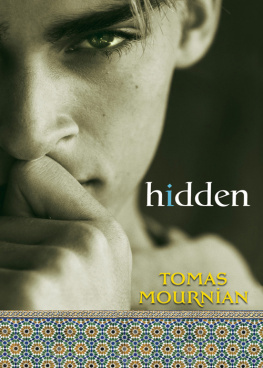Tomas Björkman - The World We Create: From God to Market
Here you can read online Tomas Björkman - The World We Create: From God to Market full text of the book (entire story) in english for free. Download pdf and epub, get meaning, cover and reviews about this ebook. year: 2019, publisher: Perspectiva Press, genre: Politics. Description of the work, (preface) as well as reviews are available. Best literature library LitArk.com created for fans of good reading and offers a wide selection of genres:
Romance novel
Science fiction
Adventure
Detective
Science
History
Home and family
Prose
Art
Politics
Computer
Non-fiction
Religion
Business
Children
Humor
Choose a favorite category and find really read worthwhile books. Enjoy immersion in the world of imagination, feel the emotions of the characters or learn something new for yourself, make an fascinating discovery.
- Book:The World We Create: From God to Market
- Author:
- Publisher:Perspectiva Press
- Genre:
- Year:2019
- Rating:3 / 5
- Favourites:Add to favourites
- Your mark:
- 60
- 1
- 2
- 3
- 4
- 5
The World We Create: From God to Market: summary, description and annotation
We offer to read an annotation, description, summary or preface (depends on what the author of the book "The World We Create: From God to Market" wrote himself). If you haven't found the necessary information about the book — write in the comments, we will try to find it.
The World We Create: From God to Market — read online for free the complete book (whole text) full work
Below is the text of the book, divided by pages. System saving the place of the last page read, allows you to conveniently read the book "The World We Create: From God to Market" online for free, without having to search again every time where you left off. Put a bookmark, and you can go to the page where you finished reading at any time.
Font size:
Interval:
Bookmark:

First published in 2019 by Perspectiva Press
Copyright Tomas Bjrkman 2019
The moral right of Tomas Bjrkman to be identified as the author of this work has been asserted in accordance with the Copyright, Designs and Patents Act 1988.
All rights reserved. No part of this publication may be reproduced or transmitted in any form or by any means, electronic or mechanical including photocopying, recording or any information storage or retrieval system, without prior permission in writing from the publishers.
ISBN 978-1-912892-59-4
Also available as an ebook
ISBN 978-1-912892-48-8
Typeset by seagulls.net
Cover design by Miroslav oki
Printed and bound by Clays
Project management by whitefox

Contents
PREFACE
W e seem to be living in a strange state of growing cultural
estrangement and disorientation today. We struggle to find convincing answers about who we are as individuals, as a society and as humanity for that matter; which values we should espouse, what is true and what is fake news, and what on Earth we are headed towards and thus, what kind of future society we should build. We live in a time of fast-paced, deep-seated changes, but many of us are not at all able to understand what is going on and what they should do. This collective confusion and lack of direction is arguably one of the primary reasons for the widespread sense of insecurity and anger that turned into the UKs attempt to withdraw from the European Union and the election of Donald Trump as president of the USA.
The pervasive value vacuum of our time can make it hard to see any greater meaning with our existence, what the value of our shared society and culture is, or why we should bother getting involved in making the world a better place. We may then get caught up in our own little, private worlds illusion of happiness and retreat to an innocuous existence wrapped up in ourselves, our daily chores and needless consumer choices.
At the same time there are many who realise we cannot continue as we do today. We are destroying the environment and depleting our natural resources at a frightening pace; and while stress and depression are epidemic in the rich world, people in the poor world continue to die from curable diseases and malnutrition. And even though we as a global community are getting richer every day, we are also getting more and more unequal, locally as well as globally, which poses a serious risk to our future wellbeing in terms of violence and political instability.
As a father, I really dont know what to say to my children when they wonder how the future will look. Will their lives be as comfortable and peaceful as my own generations? That should not be impossible if we act today and change the present course. But will we turn the boat around in time? Are we making the right decisions today? Long-term decisions? The previous generations mistakes will undoubtedly cost the next. The question is just how much, and what we are going to do about it.
It is no wonder that many people are worried and scared. Sadly, simple answers to complex problems often become very appealing to our emotion-driven Stone Age brains when we are upset. And when there are no clear, common value systems, and when liberal democracy and the market no longer deliver the basic security and prosperity we seek, regressive ideas which were previously held in check suddenly begin to appear attractive to many. Primitive ideas such as fascism and racism get a new chance when we look for simple explanations instead of asking complex questions.
We also see increased religious interest of an equally pathological kind in many parts of the world. Christian fundamentalism expands in the United States, and many European nationalists see Vladimir Putin as a saviour from the threat of Islam and multiculturalism. The Muslim parts of the world are themselves the scene of a religious renascence not so different from that in the United States and Europe: a fundamentalist, xenophobic and totalitarian religious belief that often has political ambitions.
And when neither the political establishment, our scientific institutions, nor the market provide any potent responses to these complex issues, then we have a serious problem.
So are there any convincing alternatives to the simple answers of fascism and fundamentalist religion? I believe there are. And that is what this book is about.
Despite the gloomy introduction Im somewhat optimistic about the future. Not only do I believe there is a fairly decent chance of overcoming the challenges ahead, I also believe we have many promising opportunities to create a future that is significantly better than the present and indeed, this may be the only way to solve any of the major problems we are faced with today.
Brief Outline of the Book
This book is divided into three parts: Part 1 takes our past as the canvas with which to paint a picture of relentless evolutionary change; Part 2 connects that to our socially constructed and market-oriented present; and Part 3 conjectures on how to steer these dynamics towards a better future.
We begin our journey in Part 1 by going all the way back to the Big Bang, and from there outline a developmental and evolutionary systemic view on everything from the formation of stars and planets, over the emergence of life and its burgeoning complexity at each successive stage, right up to human societal and cultural development across history. The central idea in Part 1 is that humanity has progressed through four fundamentally different stages of experiencing and interpreting the world, that which I call thought perspectives, and that at each stage a new symbolic invention in our wordview has been seen as the highest authority on truth and justice. The historically most important of these have been God, Science and the Market.
Part 2 takes the grand historical narrative from Part 1 as its point of departure and zooms in on the most recent thought perspective and its highest authority: postmodernism and the market respectively. The extent to which our society and culture our collective imaginary are shaped by social constructions, which we often remain unaware of or take for granted as natural, given facts, is one of the most central points in Part 2. The contemporary account of the postmodern condition and the dominance of the market is thus approached from the perspective of a socially constructed world. The purpose of this is to see the market as a social construction not a fact of nature that postmodernism unwittingly has made our highest authority, and to realise that a free market could be very different from the one we have today.
Part 3 proceeds from the contemporary context of postmodernitys market-induced malaises in Part 2 by turning our gaze towards an increasingly complex world that the fragmented symbolic Universe of the present fails to properly handle. Part 3 sees considerable engagement with the field of psychological development. The central tenets here are that human minds develop through stages of cognitive complexity, that this also applies to adults, who under favourable conditions can advance to more complex stages of thought and perception, and that it is absolutely necessary to meet the challenges of our times that we all develop our ability to see the world in more nuances, depth and complexity if we are to ensure a successful transition to a sustainable society. The point is, to understand and manage an increasingly complex world, our inner complexity needs to match the outer complexity of our world. As the world grows more complex, so must we as individual thinking creatures along with our social institutions and the narratives about reality that we tell ourselves and others. The last chapter thus explores how we can co-create a new metanarrative so that we can free ourselves from the inadequate thought perspectives of the present and their dated or limited authorities: God, Science and the Market.
Next pageFont size:
Interval:
Bookmark:
Similar books «The World We Create: From God to Market»
Look at similar books to The World We Create: From God to Market. We have selected literature similar in name and meaning in the hope of providing readers with more options to find new, interesting, not yet read works.
Discussion, reviews of the book The World We Create: From God to Market and just readers' own opinions. Leave your comments, write what you think about the work, its meaning or the main characters. Specify what exactly you liked and what you didn't like, and why you think so.

